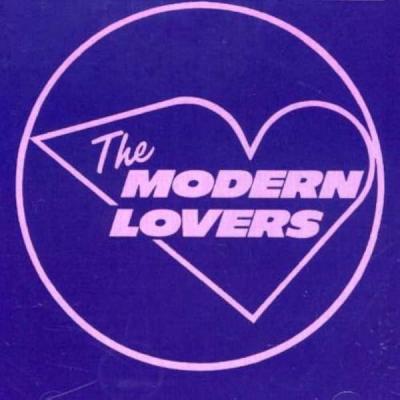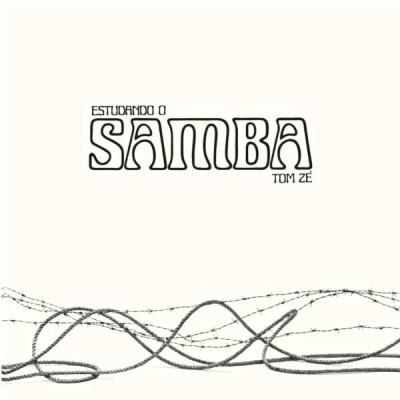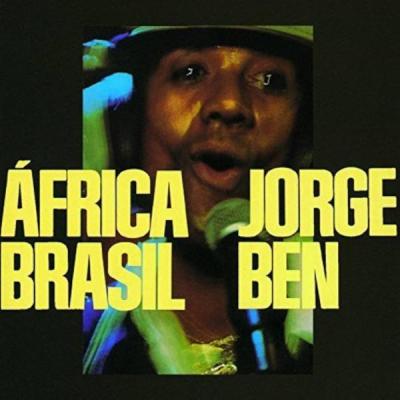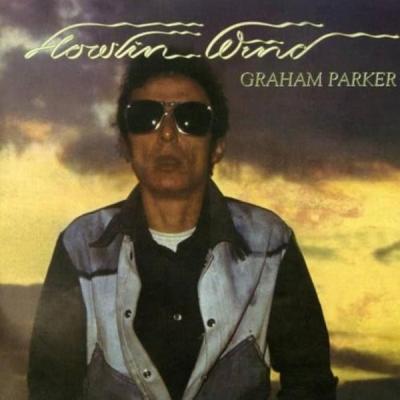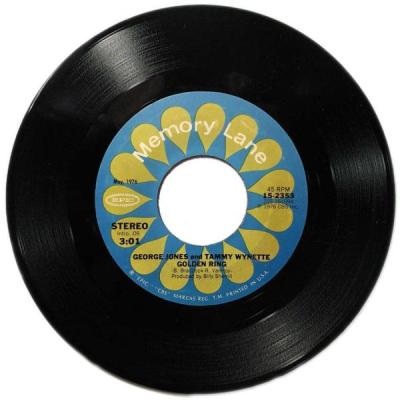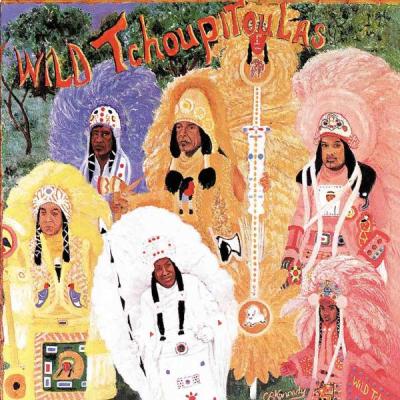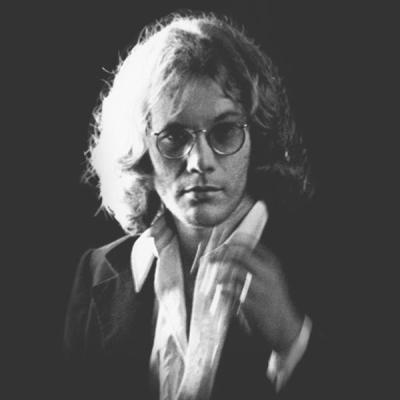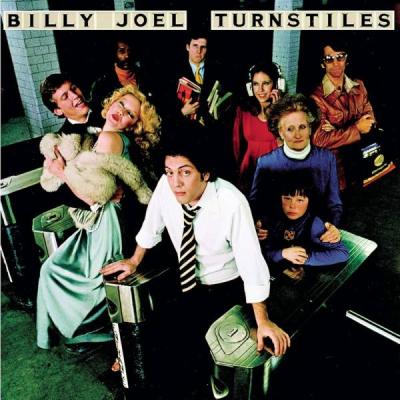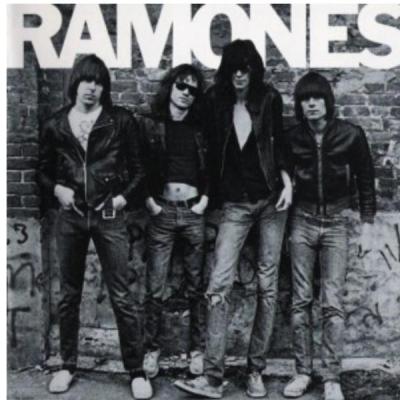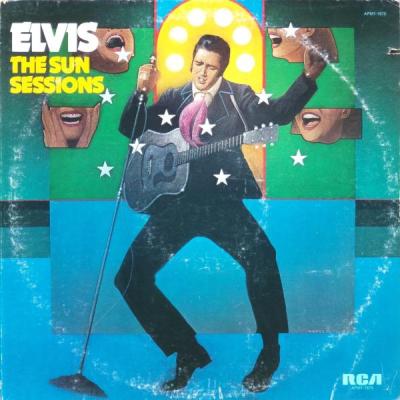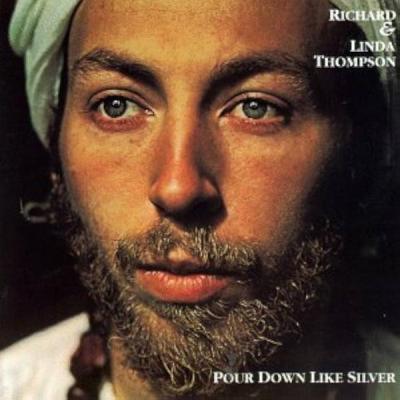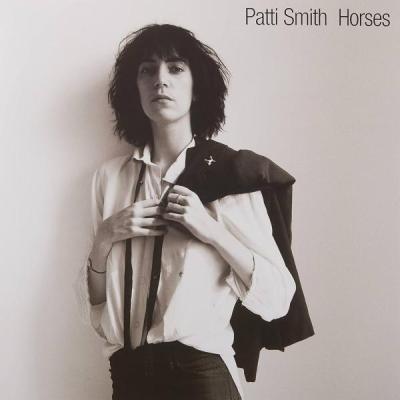

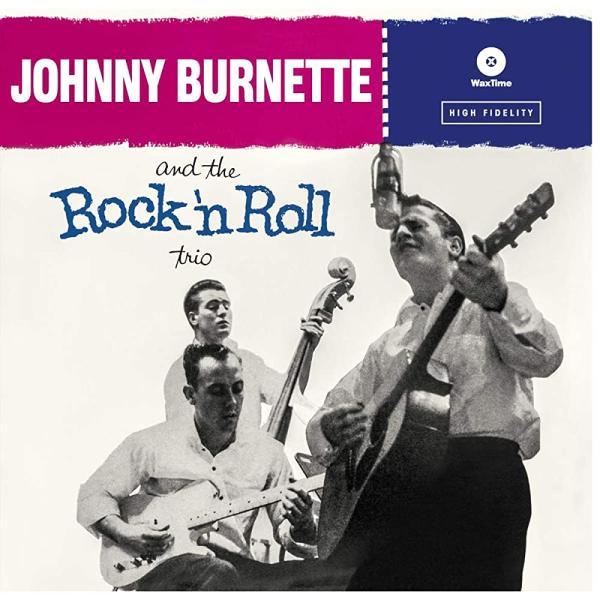
Johnny Burnette and The Rock and Roll Trio
Album #5 - December 1956
Episode date - May 10, 2023
Rock and roll didn’t simply spring into existence sometime around 1955. It took years for a variety of styles to coalesce into something that felt brand new to those who heard it.
Johnny Burnette’s Rock and Roll Trio represents how it happened, more or less. Here’s the story: Simple economics prevented the big bands from carrying on past the mid-forties, and the offshoots from that era took on a variety of styles. The bands started to swing harder, playing with an economy that simplified arrangements, with a much heavier emphasis on vocals. The trend affected ‘hillbilly’ music in much the same way as it promulgated jump blues and boogie, and a few young southern musicians started to blend both styles.
Circa 1951, The Perkins Brothers Band (with Carl Perkins) and the Burnett Brothers would play their hot, hopped up version of familiar material in the honky-tonks around Tennessee. Starting in 1953 the Goodwin Institute Auditorium in Memphis hosted a Saturday Night Jamboree that catered exclusively to the new hybrid, where then unknown artists like Elvis Presley and Johnny and Dorsey Burnette would perform and compare notes. They would rely heavily on R&B songwriters for material, but their heritage informed their style of playing, resulting in a new sound that came to be called ‘rockabilly’. Naturally, it is commonly believed that the phrase was coined by simply pairing the words ‘rock’ and ‘hillbilly’, but another explanation exists.
In 1953, Johnny Burnette fathered a son named Rocky , while his brother Dorsey also had a son that he named Billy. Johnny wrote a ‘boogie’ about the cousins, calling it “Rock-a-Billy Boogie”. Back then, nobody was taking notes so it’s not easy to discern which came first, the song or the title, but the song is overlooked as a likely source because the brothers didn’t get an opportunity to record it until late 1956.
To my mind, The Rock and Roll Trio must be the most underestimated band of their time, maybe of all time. They influenced the development of rock and roll as much as anybody yet the band never had a single hit! How can you be so good at what you do and yet find your music completely neglected? They would stand by and watch while Elvis became a phenomenon and Sun Records artists like Carl Perkins, Johnny Cash and Jerry Lee Lewis had national hits. They watched while Gene Vincent and Buddy Holly became stars as well. Although they were an important part of the ‘big bang’ that made rock and roll an unstoppable phenomenon, Johnny Burnette and The Rock and Roll Trio were not signed until 1956, and then broke up soon after releasing this, their only album.
In 1960, both Johnny and Dorsey Burnette had success as solo artists, but by then their style had softened into pop. Paul Burlison played guitar with the Burnettes, and his style would ultimately be as influential as Scotty Moore, but that influence came too late to help the band in their own time. Eventually, British artists such as The Yardbirds (both Jeff Beck and Jimmy Page were big fans), and The Beatles took inspiration from them. In the seventies, Aerosmith and The Stray Cats would revive their legacy in America.
This album is the personification of rock and roll (or rockabilly, if you prefer – the names were interchangeable at this point in time), amply portraying the ‘degradation’ of middle-American culture with hopped-up rhythms inspired heavily by the Black artists who preceded them. Big Joe Turner, Tiny Bradshaw, Dave Bartholomew and Sticks McGhee all provide source material for “Johnny Burnette and the Rock and Roll Trio.” The album is an assemblage of rocked-out versions of jump blues combined with a few country-tinged covers and a generous number of original compositions that eventually became well known classics. It represents the coalescence of rock and roll as convincingly as Elvis’ debut, and although the Rock and Roll Trio never came anywhere near his level of success, the train keeps-a-rollin’.
Feature Tracks:
Honey Hush (Big Joe Turner)
Lonesome Train (on a Lonesome Track) (Glen Moore, Milton Subotsky)
Sweet Love on My Mind (Wayne Walker)
Rock Billy Boogie
Lonesome Tears in My Eyes
All by Myself (Dave Bartholomew, Fats Domino)
Train Kept A-Rollin' (Tiny Bradshaw, Howard Kay, Lois Mann)
I Just Found Out
Your Baby Blue Eyes
Chains of Love (Ahmet Nugetre)
I Love You So" (Henry Jerome)
Drinking Wine, Spo-Dee-O-Dee" (Stick McGhee, J. Mayo Williams)
December 1956 - Billboard Did Not Chart
Related Shows
- 1 of 20
- ››


